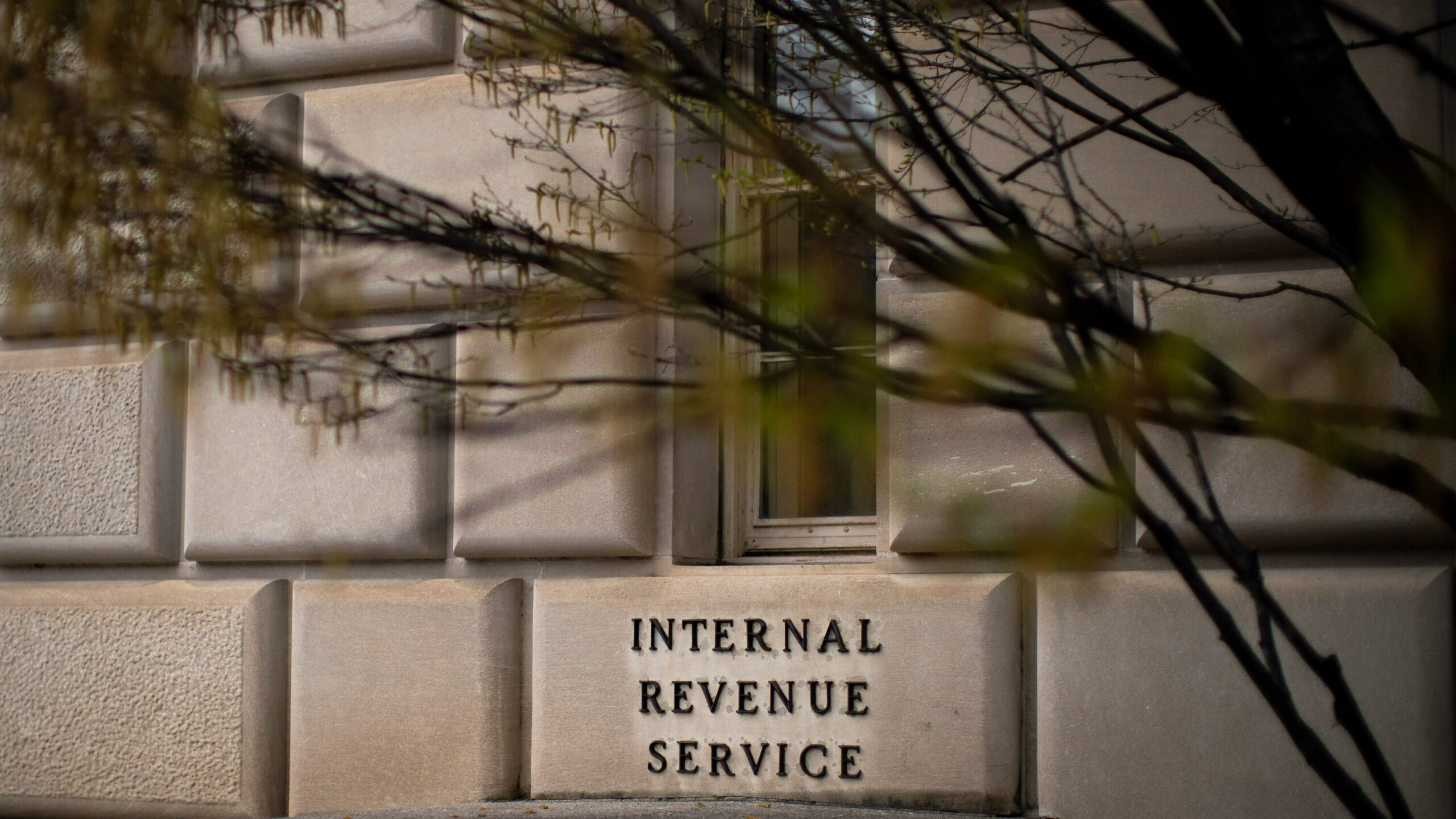
New York Times, I.R.S. Decision Not to Tax Certain Payments Carries Fiscal Cost:
More than 20 state governments, flush with cash from federal stimulus funds and a rebounding economy, shared their windfalls last year by sending residents one-time payments.
This year, the Biden administration added a sweetener, telling tens of millions taxpayers that they do not need to pay federal taxes on those payments.
That decision by the Internal Revenue Service, while applauded by some tax experts and lawmakers, could cost the federal government as much $4 billion in revenue when Washington is struggling with a ballooning federal deficit and entering a protracted fight over the nation’s debt limit.
The I.R.S. ruling, after bipartisan pressure from lawmakers, was the latest move by the agency to forgo revenue this tax season.
In December, the agency delayed by a year a new requirement that users of digital wallets like Venmo and Cash App report income on 1099-K forms if they had more than $600 of transactions. That requirement, part of the American Rescue Plan of 2021, was projected to raise nearly $1 billion in tax revenue per year over a decade. The last-minute decision to delay it followed intense lobbying from business groups and political backlash directed at the Biden administration, which was accused of breaking its pledge not to raise taxes on people making less than $400,000.
Taken together, the moves by the I.R.S. run counter to two big economic issues bedeviling Washington — rapid inflation and concerns about the government’s ability to avoid defaulting on its debt. …
[E]xperts broadly agreed that the I.R.S. had made the correct decision, given that it did not tax the federal government’s own stimulus checks, the cost of exempting the one-time state payments was fairly negligible and the delays had already added confusion to the filing season.


